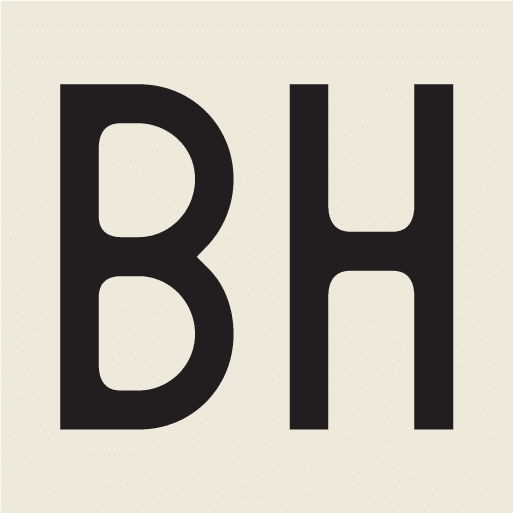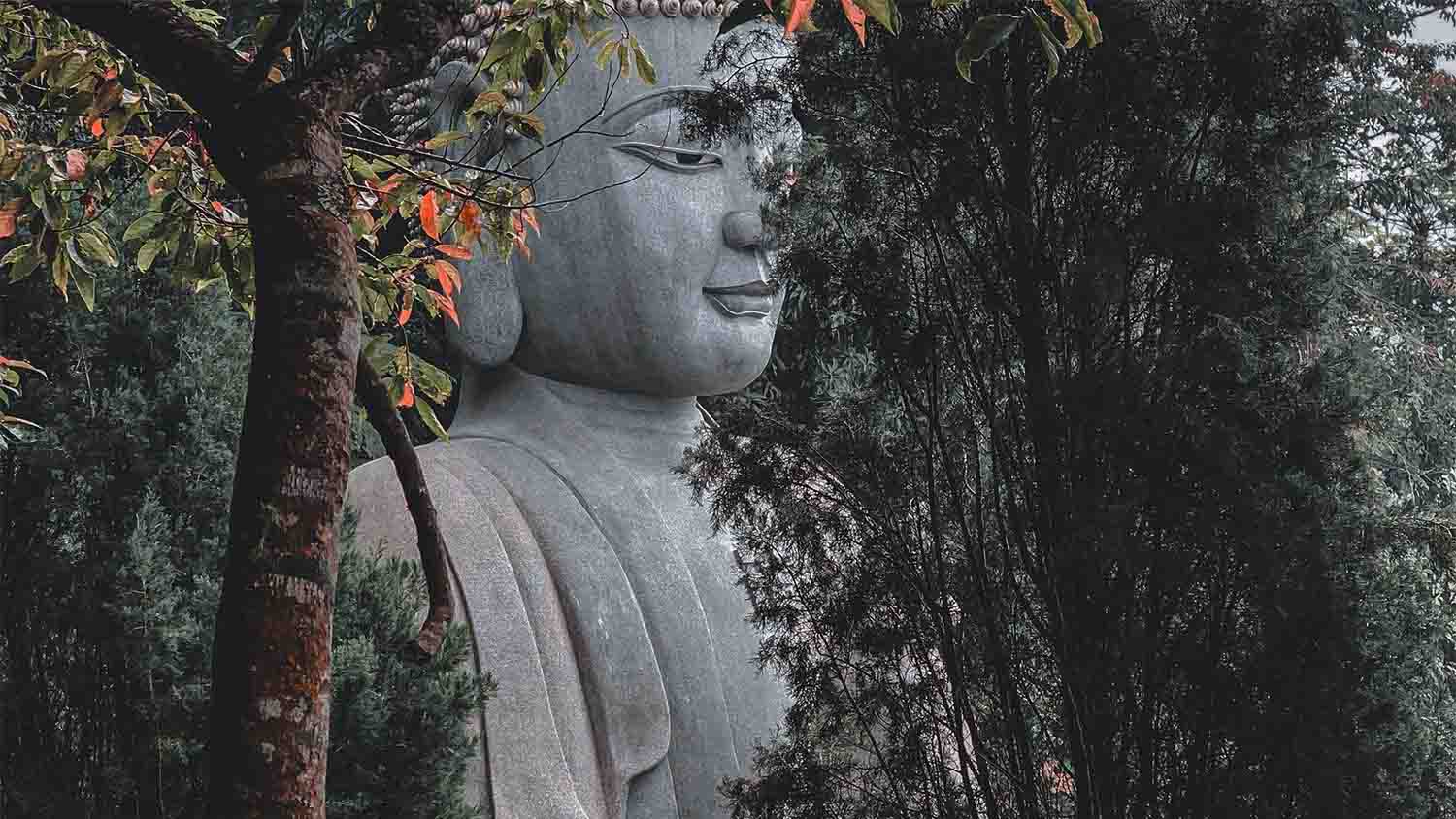Limiting beliefs are any belief that works against wisdom.
The opposite of enlightenment is ignorance.
A limiting belief is one that keeps us from realizing our original nature as enlightened beings.
The three main limitations to realizing this are anger, greed, and ignorance. The worst of these is ignorance because ignorance causes us to misunderstand the nature of life, death, and what we are.
The opposite of ignorance is to know (1) that one will die and (2) that while alive one can find within oneself what will not die. And to live with such knowledge is called wisdom.
The worst part of limiting beliefs is that their ill effects go far beyond the damage they do to the person who has them.
Limiting beliefs are far more damaging to the environment—to the people, society, and ecology—in which we live, than they appear, at first glance.
Drinking and smoking, for example, harm both the smoker as well as the people around that person.
A private detective friend of mine told me that most homicides are the result of drinking and drugs. Innocent bystanders beware!
In short, limiting beliefs are any beliefs that stem from ignorance, greed, and anger.
What are the most common limiting beliefs?
Three of the most common examples of limiting beliefs are:
I am . . .
- not good enough / inferior and incompetent.
- unlovable / not likable / incapable of intimacy.
- not doing enough / insignificant/ a burden to others.
The most common limiting beliefs are found in the three classifications of negative beliefs about the self: worthlessness, unlovability, and helplessness (Judith Beck 2005, 2011).
Exactly how the negative beliefs are expressed may vary. Many people — whether highly successful, not successful, creative, analytical, etc. — struggle with some version of these three limiting beliefs.
Regardless of how the belief is expressing itself, limiting beliefs raise concern because of the harm they cause ourselves and society at large. And this is why all of the world’s religions have systems for preventing limiting beliefs.
How to identify limiting beliefs using religion
Now you’re aware that limiting beliefs hurt you and those you love. But the question remains: how to identify these limiting beliefs?
Christianity’s seven deadly sins, for example, are regarded as a list of warnings against what the western world sees as the qualities that make for the most maleficent beliefs. Such beliefs are truly limiting insofar as they limit life, creativity, and goodness.
According to Christian doctrine the seven deadly sins are (1) Lust (2) Gluttony (3) Greed (4) Sloth (5) Wrath (6) Envy (7) Pride.
Other religions have notions about sin that are similar to Christianity.
In a quick summary, Muslims believe that sin is anything that goes against the command of God. Jewish faith sees sin as a violation of the Torah. Hinduism views sin as any misdeed against Dharma.
Sikhism has a slightly different view that sin is any indulgence in a discriminating, selfish ego that cuts you off from God.
And in Buddhism, there isn’t a concept of sin, but there is Karma which is closer to Aristotle’s notion of cause and effect.
Also, you can judge beliefs in terms of their effects on the environment. If you negatively affect your environment based on your belief, you’re making a mistake.
To hurt a thing is to go against your nature, which is a mistake.
What does ‘sin’ mean?
The word ‘sin’ means, “mistake.” It appears as early as Aristotle in his Poetics as the notion of hamartia. Hamartia is the fatal act of a hero that brings about tragic consequences.
When you understand sin as a mistake, the concept becomes almost athletic in nature. Such a mindset makes life a kind of game you can play excellently, or not. In this sense, sin is understood as missing the mark, like an arrow misses its target.
Therefore, sin is a mistake that upsets eudaimonia, or, The Good Life. Sin limits your ability to flourish and thrive with virtue.
Originally, sin is more like a scientific term that pertains to cause and effect relationships. One’s mistaken actions bring bad consequences. This is a different understanding from sin as a term of judgment that serves power, such as: “I am the one who has the power to determine whether or not you are good or evil, and, therefore, whether or not you should be punished.”
Beliefs are devices
It’s important to know that beliefs are devices. Because beliefs have effects. And you can choose which beliefs to use. Therefore, beliefs can be seen as tools. For just as a hammer has an effect on a nail, a belief has an effect on a person and a person affects the world in which he lives and functions.
In other words, if you want to know how to identify limiting beliefs, it’s best to ask: what is the effect of this belief on myself and those around me? And you can call any effect that brings more ignorance, anger, and greed “limiting.”
How to identify limiting beliefs in 5 steps
One of the chief safeguards against limiting beliefs is to be able to see things as they are. By doing so, you can respond accurately and effectively to maintain a growth mindset.
A growth mindset, as defined by Carol Dweck in her book, Mindset, is the belief that you can succeed through time and effort. A growth mindset opposes a fixed mindset, namely, the belief that one has fixed, unchangeable traits.
You can identify limiting beliefs that trap you in a fixed mindset. For example, you can read, study, and reflect widely and deeply. Also, you can work with a wise teacher in the western tradition of eudaimonia—or Virtue—ethics, or use assessment tools like personality tests to raise your self-awareness.
The ABC method
One practice that is especially effective for identifying limiting beliefs is the Cognitive Behavioral Therapy tool, the ABC method.
With the ABC method, you can clearly see how we ascribe beliefs to experiences.
This exercise is helpful because you locate your beliefs in a specific situation.
Some people can do this exercise on their own, others find it easier to do with some help. The ABC exercise is especially effective to work on with a coach.
Grab pen and paper. Now, get ready. Use these 5 steps to identify and overcome your limiting beliefs.
Step 1 – Activating event
Something happens to you or in the environment around you.
Write down:
- What happened? Choose a very recent triggering event. A fight with your spouse, making a big decision, etc.
Step 2 – Beliefs
You believe in a certain interpretation of the activating event.
Write down:
- What is your self-talk, or un-resourceful thoughts about this?
- What do you believe about the activating event?
- Which of your beliefs are helpful? Which are self-defeating beliefs?
Step 3 – Consequences
Your belief has consequences that include feelings and behaviors.
Write down:
- How did you feel?
- Which emotions were present? (anger, self-pity, shame, anxiety, etc.)
- How would you describe your physical experience? (stomach feels tense, the face is hot, heart beats faster, etc.)
- What behaviors ensued as a result (drinking, attacking, isolating, etc.)
Step 4 – Dispute
Challenge your beliefs to create new consequences.
Write down:
- What is the evidence that your belief is true?
- In what way is your belief helpful? Unhelpful?
Step 5 – Effective new belief.
Write down your new belief.
- Adopt your new belief!
Next steps
Any belief has the potential to be a limiting belief. Because the effects of beliefs depend on the environment in which they operate.
You should understand the effects of your beliefs on your behavior, and the effects of your behavior on your relationship with others.
If a belief encourages others in a positive direction, it’s not a limiting belief.
One helpful model for judging whether or not your belief helps someone grow is the SCARF model. The SCARF model outlines the conditions a human mind needs in order to feel comfortable enough to open and grow.
S Status
C Certain
A Autonomy
R Relationship
F Fairness
For someone to have a growth mindset they must know their Status and the status of others—the hierarchy, the power structure, and where they stand in it. Also, they must be Certain about where they are and what’s going on. They must have a sense of Autonomy and know the nature of the Relationship in which they are engaged (as in is this person a friend or foe—with or against me). Lastly, they must have a sense of Fairness.
How to identify limiting beliefs using the S.C.A.R.F. model
One could say that any belief that hampers these conditions and thwarts one’s growth is a limiting belief.
For example, if I am CEO who makes much more money than the people below me and I don’t fairly distribute the profits I risk violating a sense of fairness in the company, which reduces morale because employees lose their natural ability to want to innovate, create, and thrive because one of the terms necessary for the growth mindset—in this case, Fairness—is absent.
A remarkable revolution would occur if society were organized in such a way that all of the conditions for growth, thriving, flourishing, and a sense of agency were taken seriously as guiding principles for social policy and practice.
In conclusion, we all have limiting beliefs, because we all have beliefs whose effects on our environment we don’t understand.
Therefore, in Zen one is encouraged to take responsibility for everything that happens in the universe. Taking ultimate responsibility for the wellness of others is a heroic stance that encourages us to reflect deeply on the nature and power of the mind—especially Buddha’s mind—to reach the hearts of all existing beings and walk with them to happiness.







